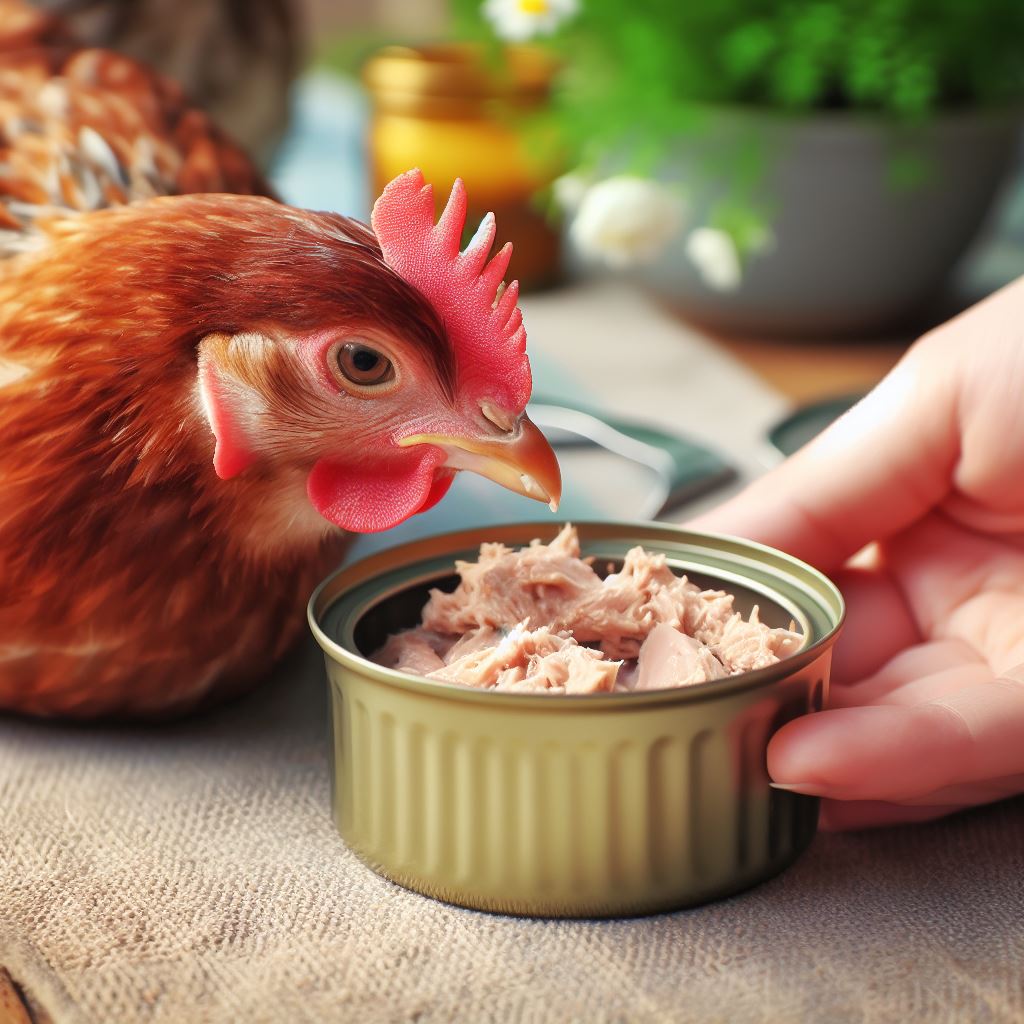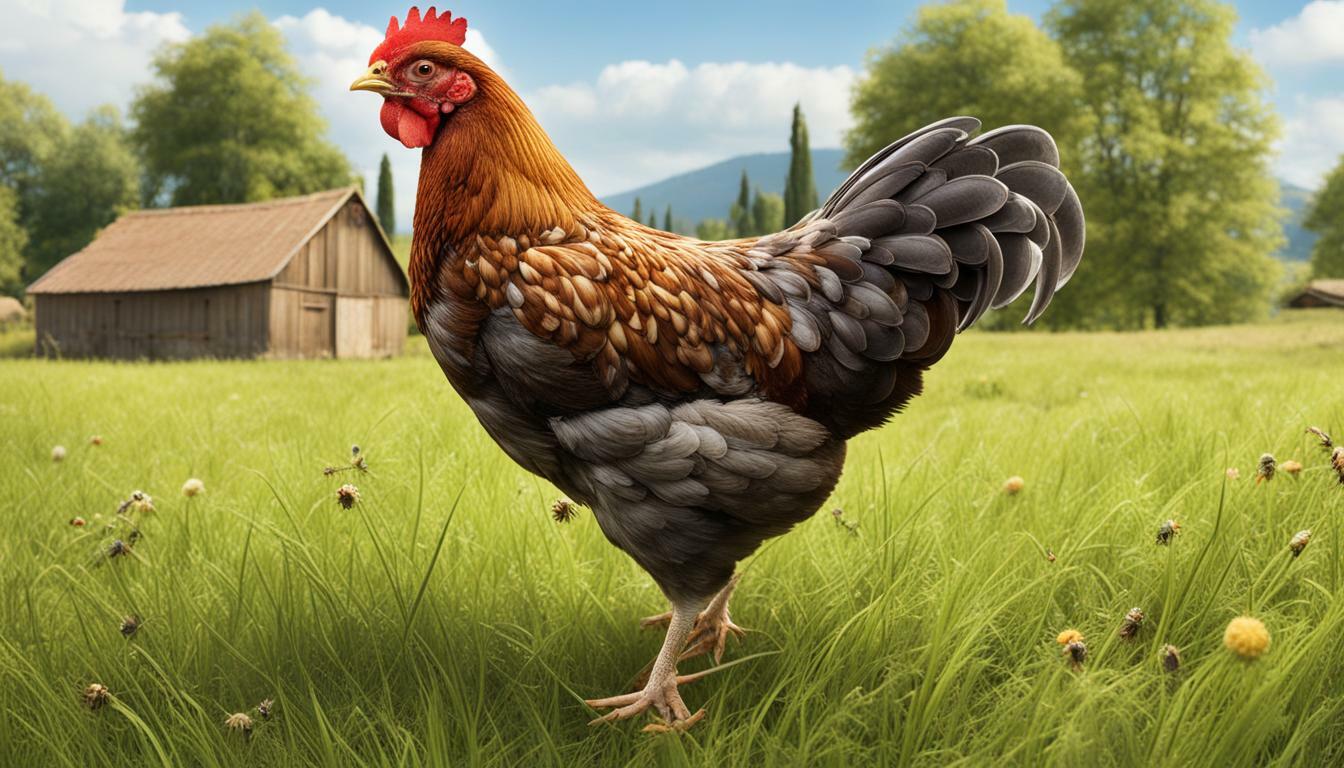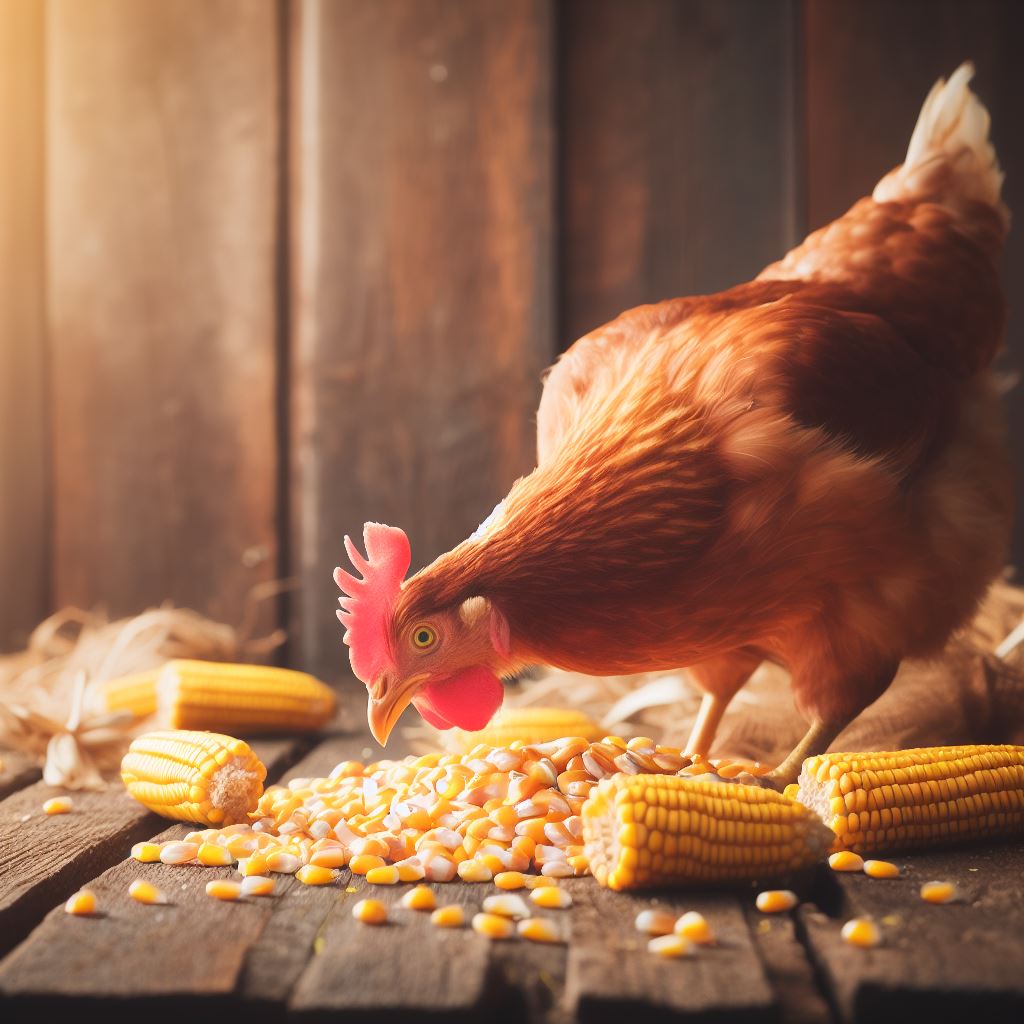Can Chickens Eat Beets? A Guide for Chicken Owners
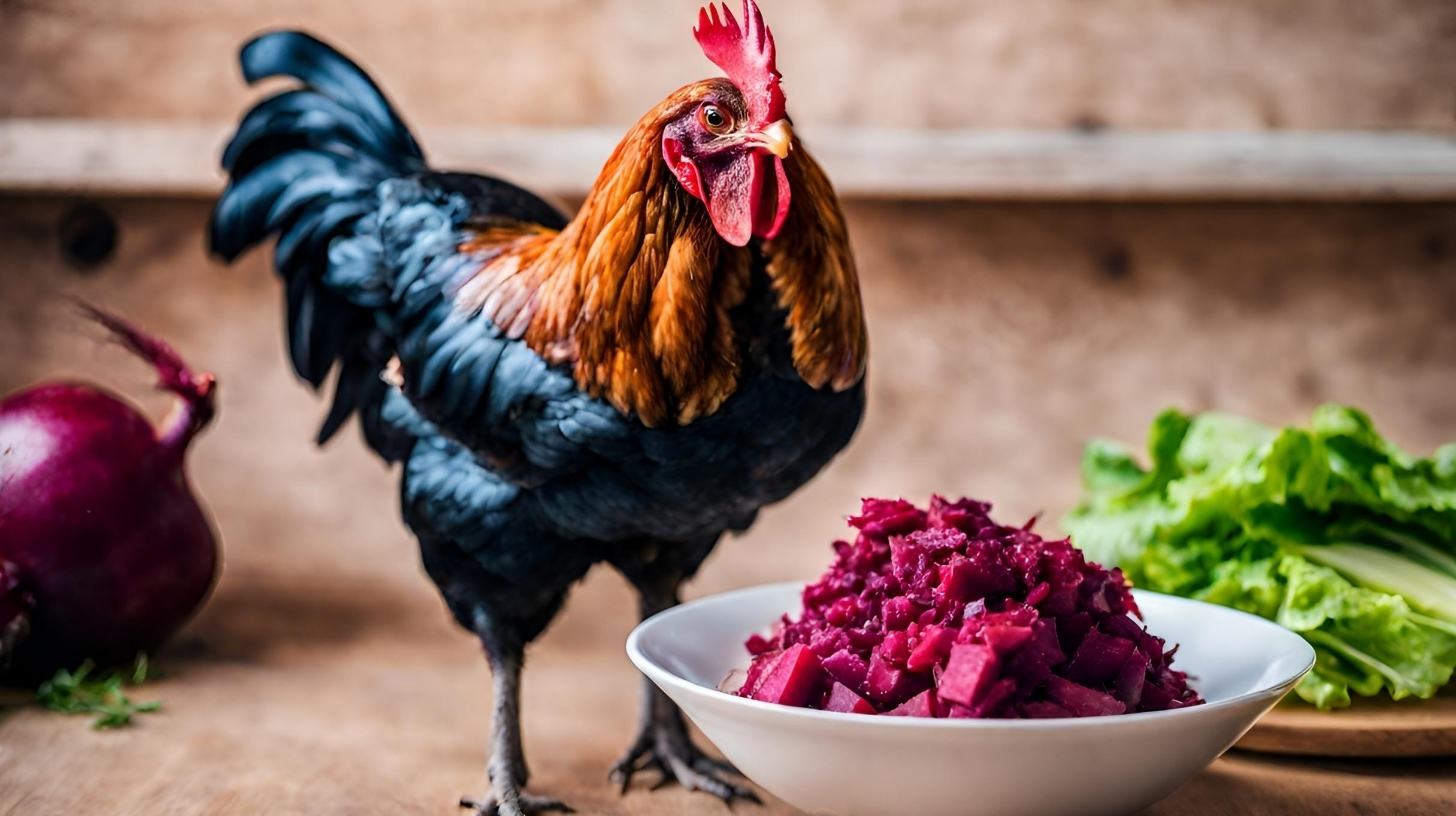
Table of content:
Beets are a nutritious vegetable that offer some great health benefits for chickens. However, feeding beets to chickens does come with some precautions. Read on to learn all about feeding beets to chickens.
Key Takeaways:
- Beets provide vitamins, minerals, and antioxidants that can benefit chicken health.
- Feed both the beet roots and greens in moderation as too much can cause issues.
- Chop beets into small pieces to prevent choking and help digestion.
- Introduce beets slowly at first to monitor for any adverse reactions.
- Consider beets an occasional treat, not a staple in a chicken’s diet.
Beets contain many vitamins and minerals that can support your flock’s health. The greens are very nutritious, full of calcium, iron, and vitamins. The roots also provide nutrients like folate, manganese, and potassium.
However, beets do contain compounds called oxalates. Oxalates bind to calcium and can make it harder for chickens’ bodies to absorb this mineral. Too many oxalates could lead to nutritional deficiencies.
That’s why it’s recommended chickens only eat beets in moderation. Follow some simple guidelines, and beets can be a tasty, healthy treat for your flock.
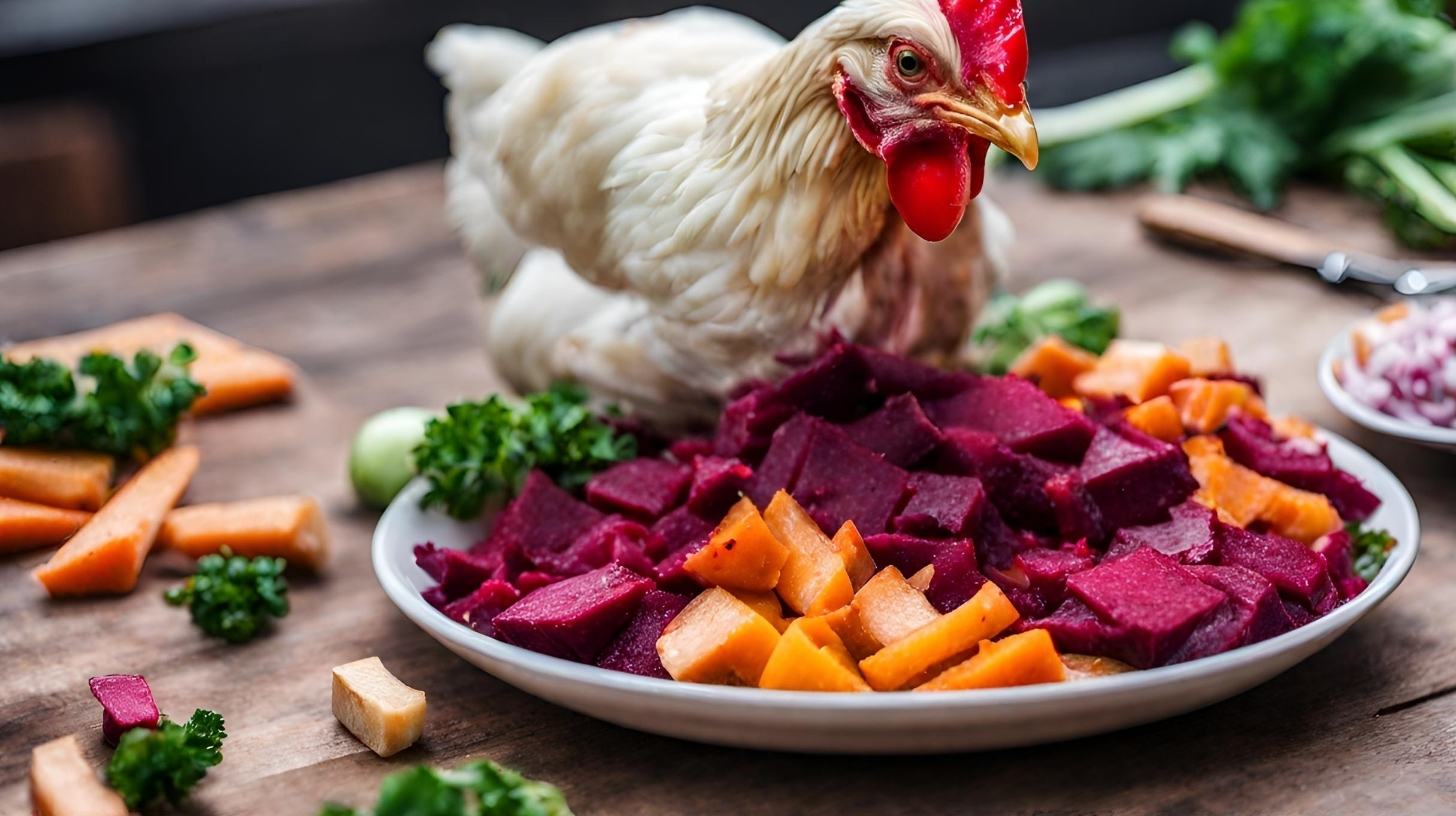 Can Chickens Eat Beet Greens?
Can Chickens Eat Beet Greens?
The nutritious leaves and stems of the beet plant, called beet greens, are safe for chickens to eat. In fact, the greens are often more nutritious than the root vegetable itself.
Beet greens provide:
- Vitamin A
- Vitamin C
- Calcium
- Iron
- Magnesium
These nutrients support immunity, bone strength, blood health, vision, and more in chickens.
The greens do contain oxalates like the roots, but generally in lower amounts. It’s fine to feed your flock beet greens a few times a week. They make an excellent addition to a mixed veggie treat.
Chop the greens into smaller pieces to prevent choking. You can feed both young, tender greens as well as mature leaves. Just introduce them slowly and watch for any signs of digestive upset.
Can Chickens Eat Beetroots?
The bulbous, usually reddish-purple beetroots can also be fed to chickens in moderation. Similar to the greens, beets provide some great vitamins and minerals:
- Folate
- Manganese
- Potassium
- Vitamin C
These support blood health, bone density, digestion, and immunity in your flock. The vibrant color also acts as a natural chicken treat that provides antioxidants.
However, beets do contain more oxalates than greens, so they should be limited to smaller amounts and less frequent feedings. About 1-2 times a week is sufficient.
Chop up beets into bite-sized pieces before feeding them to your flock. This prevents choking and helps their small digestive systems break down this fibrous veggie.
Watch for any signs of digestive upset when introducing beets, like loose droppings. If this occurs, stop feeding beets for a few days, then try again in smaller amounts.
| Nutrient | Benefits |
|---|---|
| Vitamin A | Supports eye and skin health |
| Vitamin C | Boosts immune system and combats stress |
| Calcium | Needed for strong eggshells |
| Iron | Prevents anemia |
| Potassium | Important for muscle function |
Feeding Beets to Chickens: Tips
Follow these tips to safely feed beets to your flock:
- Wash beets thoroughly and chop into quarter-sized pieces to prevent choking.
- Introduce beets slowly at first, just a few small pieces per chicken.
- Feed beet greens more often than the roots due to lower oxalate content.
- Feed beetroots just 1-2 times per week.
- Stop feeding if you notice diarrhea or signs of upset digestion.
- Always provide free-choice calcium supplements like oyster shell.
- Offer grit to help chickens grind up fibrous foods like beets.
- Mix beets into treats along with other veggies for variety.
Monitor your chickens after feeding beets. Signs of oxalate overdose include weak eggshells, joint issues, and limping. Discontinue feeding beets if any deficiency symptoms arise.
Most chickens enjoy beetroots and greens for their sweet, earthy flavor. The nutrients support health, while the low calories prevent obesity. In moderation, beets make a great supplemental feed.
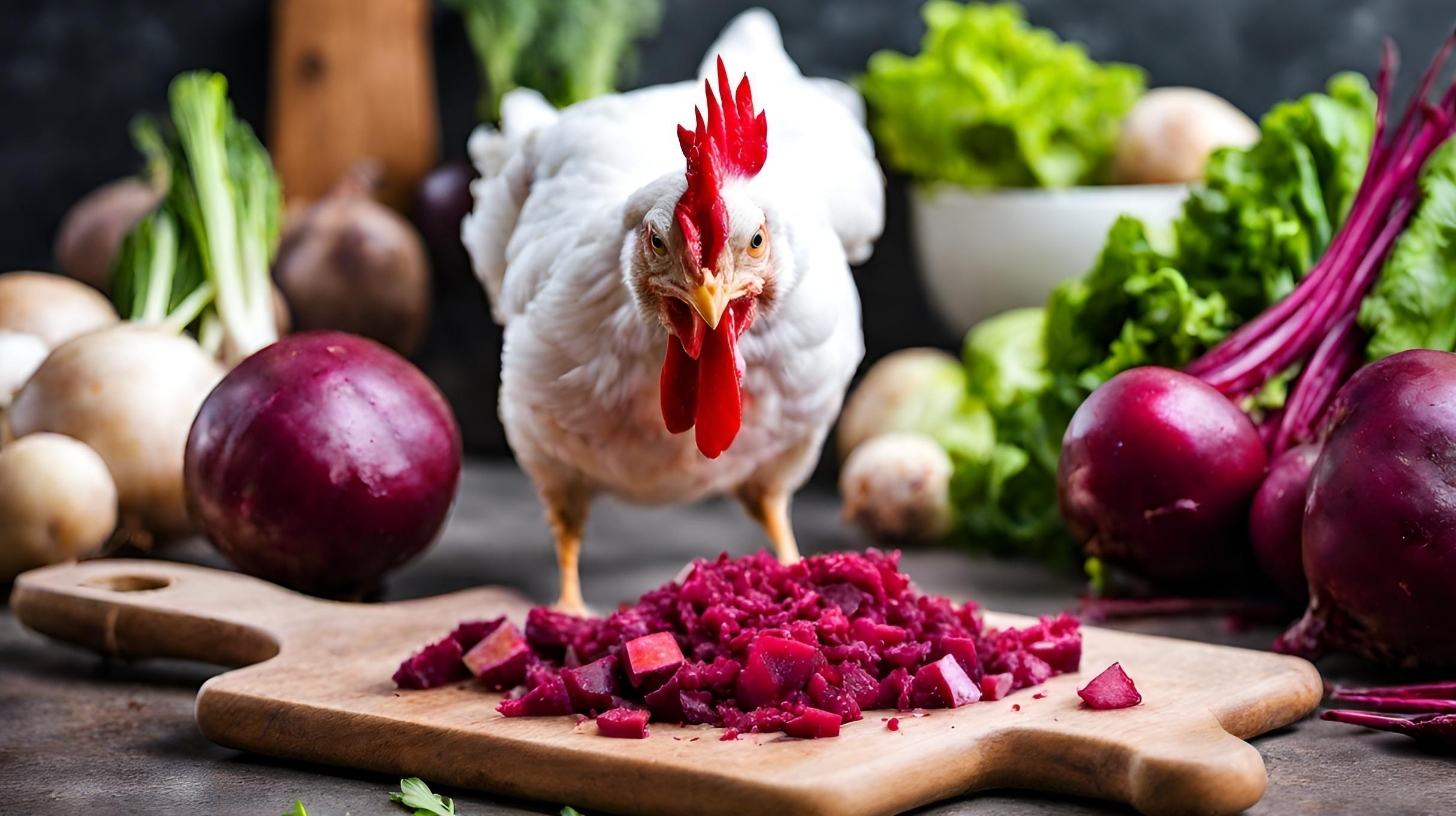 Are Beets Good or Bad for Chickens?
Are Beets Good or Bad for Chickens?
So are beets ultimately good or bad for chickens to eat? The answer is that they can be both.
The benefits of feeding beets to chickens include:
- High vitamin and mineral content to support health.
- Nutritious green tops full of nutrients.
- Provides variety and environmental enrichment.
- Low calorie treat.
- Chickens enjoy the sweet taste.
Potential downsides of feeding too many beets include:
- Beets contain oxalates that can bind calcium absorption.
- Excess oxalates could cause nutritional deficiencies.
- Beetroots have more oxalates than greens.
- Can cause loose droppings if fed too much.
As long as you feed beetroots and greens in moderation, they make an excellent supplemental feed. The vitamins, minerals, and antioxidants support chicken health. Just be sure to introduce beets slowly and discontinue use if any digestion issues arise.
What Do Beets Do for Chickens?
Beets provide the following health benefits for chickens:
- Support strong bones: The calcium, manganese, and vitamin K in beets help build and maintain healthy bone density.
- Boost immunity: Vitamins A, C, and antioxidants in beets support immune health in chickens.
- Increase egg production: Manganese is needed for proper egg-laying. The mineral, along with folate and vitamin B2, supports reproduction.
- Prevent anemia: Iron and folate in beets improves red blood cell production to prevent anemia in flock.
- Aid digestion: The fiber, potassium, and vitamin B6 in beets support a healthy digestive tract. Potassium regulates gut motility and digestion.
- Provide nutrition: Beets offer a variety of vitamins, minerals, and antioxidants to balance a chicken’s diet. The greens are an especially great source.
- Add color: The vibrant red-purple hue attracts chickens and provides healthful antioxidants.
When fed properly, beets are a nutritious treat for chickens. They provide benefits ranging from stronger bones and eggshells to better immunity and digestion.
Are Beet Greens Safe for Chickens?
Yes, beet greens are safe for chickens to eat. In fact, the leafy green tops are very healthy and nutritious for chickens.
The beet greens provide more nutrients and fewer oxalates than the bulb root. This makes them a great, low-risk vegetable to feed.
Beet greens are an excellent source of:
- Vitamin A
- Vitamin C
- Vitamin K
- Calcium
- Iron
- Magnesium
These vitamins and minerals support bone health, blood production, vision, and brain function in your flock.
The greens also provide antioxidants for immune support. And chickens relish the fresh taste of beet leaves.
Chop the greens to prevent choking. Introduce them slowly to watch for loose droppings. Offer 1-2 times per week to provide beneficial nutrition without risking excess oxalates.
Overall, beet greens are a safe, healthy, natural treat for chickens. They provide more nutrients than the roots with less risk of oxalate binding.
FAQs
Can I feed my chickens beets every day?
No, you should not feed beets to chickens daily. Beets contain oxalic acid which can bind to calcium in the diet. Eating too many oxalates can lead to nutritional deficiencies. Feed beetroots just 1-2 times per week and beet greens 2-3 times per week.
What part of the beet do chickens eat?
Chickens can eat both the beetroot bulb and the leafy green tops. The greens are healthier, with more vitamins and minerals. But the roots also provide nutrients in moderation. Chop both parts into small pieces before feeding.
Do chickens like beets?
Most chickens enjoy eating beets. The sweet, earthy flavor and colorful appearance attracts chickens. The nutrients also support their health. Just be sure not to overfeed due to the oxalate content.
Can too many beets kill chickens?
While not directly toxic, feeding too many raw beets could lead to health issues in chickens. Excess oxalates can bind calcium absorption, causing deficiencies. This could cause problems like thin eggshells, joint issues, and bone fractures. Moderation is key.
What vegetables can chickens eat daily?
Good daily vegetable choices for chickens include leafy greens like kale, Swiss chard, lettuce, spinach, and fresh grass clippings. Broccoli, cauliflower, cabbage, celery, and herbs are also great daily options.
Conclusion
Beetroots and beet greens can provide excellent supplemental nutrition for backyard chicken flocks. The vitamins, minerals, and antioxidants offer many health benefits.
However, due to their oxalate content, beets should only be fed in moderation. Introduce them slowly and monitor your chickens for any digestive upset. Focus on feeding the nutritious greens more frequently than the beetroots.
When feeding beets, provide plenty of calcium supplements and grit. Offer just small amounts 1-2 times per week. Discontinue use if chickens show any deficiency symptoms.
Overall, beets make a nutritious treat that adds variety and enrichment to a balanced chicken diet. Following some simple guidelines helps ensure beets safely support flock health.
Welcome. I’m Adreena Shanum, the proud owner of this website, and I am incredibly passionate about animals, especially poultry. I founded adreenapets.com as a labor of love, stemming from my desire to share my knowledge and experiences with poultry enthusiasts worldwide.


